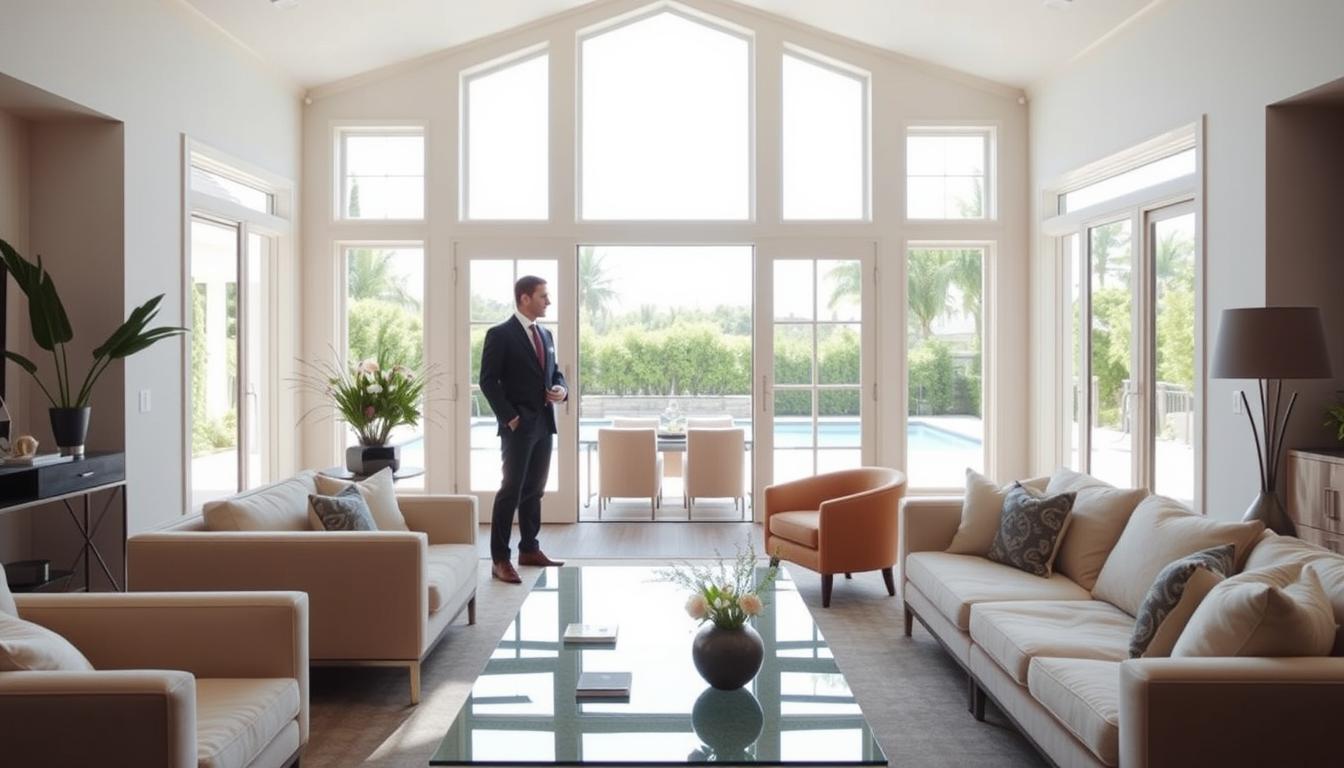Josh Clark
Joshua is a licensed real estate professional who has marketed and help sell some of the biggest developments in the World. From Tortuga Bay in Los Cabo, to Q Towers in Toronto Canada and countless others, Joshua specializes in finding the perfect buyer for new build investments.

